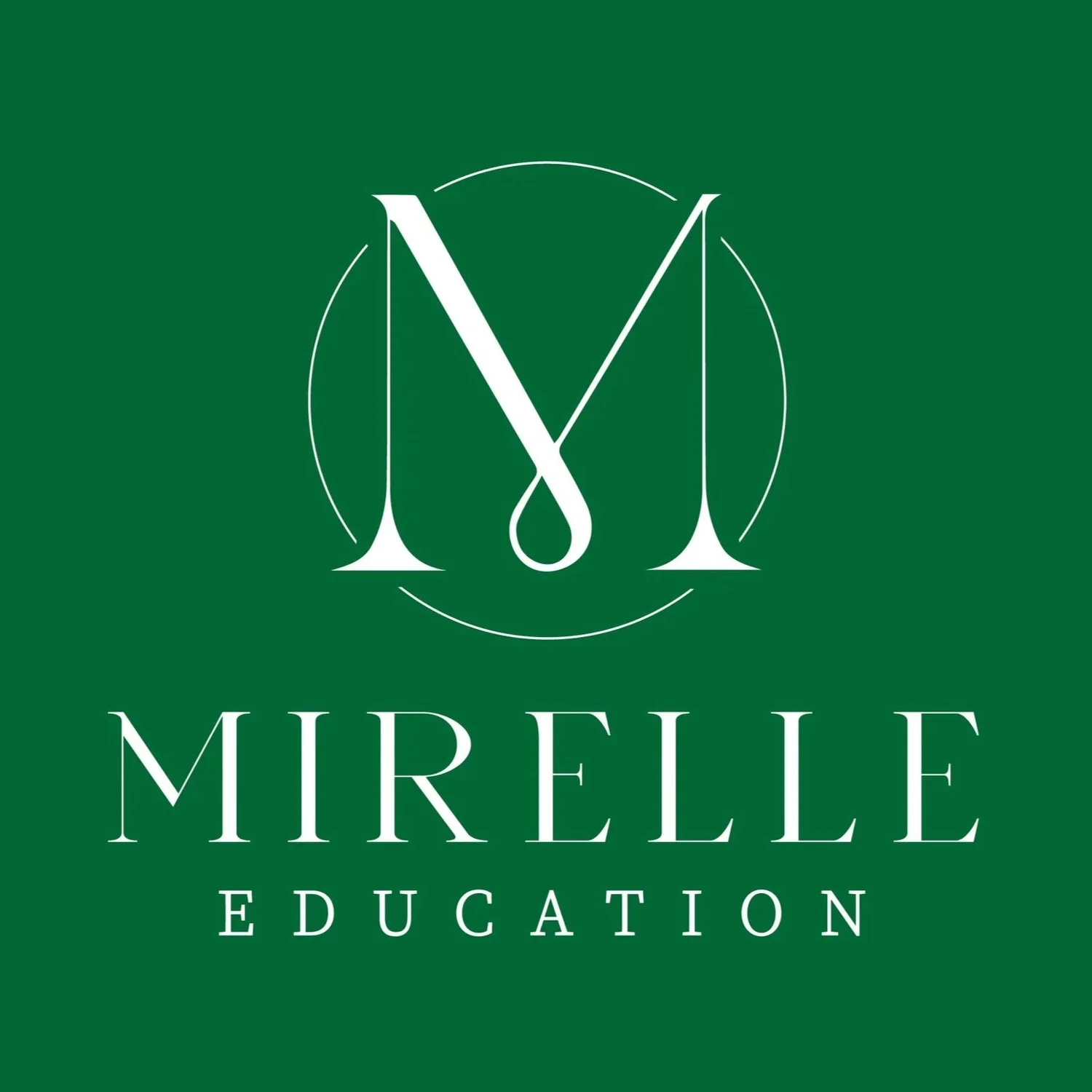Smarter machines, weaker minds? Rethinking higher education in the AI era
As artificial intelligence transforms the way students learn, write, and interact with information, we must ask not just how higher education is evolving—but why it exists at all.
The AI Tipping Point in Education
Remember the days of #2 pencils, scantrons, and pushing through writer’s block to finish an essay? Those sweet, frustratingly human experiences are quickly becoming relics. With AI sweeping through every corner of modern life, students are turning to tools like ChatGPT and Perplexity not just for complex writing assignments, but even for basic tasks—like “how to rephrase the dog ate my homework” or “how to ask for an extension without sounding like I’m lying”—often outsourcing the process of creative thinking entirely.
What used to be the hallmark of academic rigor is now done in seconds with a well-engineered prompt.
Even leaders in education technology are leaning into this transformation. Duolingo CEO Luis von Ahn remarked that AI is a better teacher than humans, but that schools will still exist “because you’ll need childcare.” (Imagine having Duo the Owl as your babysitter.)
But this isn’t just a new set of tools—it’s a fundamental redefinition of the educational experience. And as universities race to integrate AI into classrooms, families must pause and ask: What is higher education actually preparing students for—and what is it leaving behind?
The Human Element: What AI Can’t Replace
I’ll never forget my seventh-grade English teacher, the first adult at school who saw potential in me after I immigrated to the U.S. without speaking English. She awarded me the monthly “Smarties Award” for effort. It was a simple gesture, but it changed my relationship with learning. I’m equally grateful to my ninth-grade math teacher, who invited me to tutor a peer. Her improvement from D’s to A’s on exams in just three sessions inspired me to create a peer tutoring group, which grew to serve over 100 students in a year. These moments of recognition helped propel me from a struggling ESL student to an Ivy League graduate.
We all carry stories like this—moments when a teacher sparked curiosity, stayed after school to help us grasp a difficult concept, or introduced us to a path we didn’t know existed. These interactions are foundational to the human learning experience, ones that no chatbot can replace.
On Critical Thinking
We may be living in the most information-rich era in history, but we’re also facing a deepening crisis of cognition. One student put it bluntly: “I spend hours and hours on TikTok until my eyes hurt. ChatGPT lets me write an essay in two hours that normally takes twelve.” Platforms meant to assist are becoming crutches—and in some cases, full-on substitutes—for cognitive engagement.
Recent research from MIT’s Media Lab reinforces this concern. In a study titled Your Brain on ChatGPT, researchers found that participants who relied on large language models (LLMs) like ChatGPT to write essays exhibited significantly weaker brain connectivity compared to those who wrote without AI tools. EEG data showed reduced activity in key regions related to memory, focus, and critical thinking. Over time, those who depended on AI not only produced lower-quality work but also reported less ownership over their ideas and struggled to recall what they had written.
There’s nothing wrong with using tools like ChatGPT to support our learning. But if we’re using it to bypass thinking altogether, we’re missing the point.
Writing is thinking. It slows down the mind. It forces us to clarify, reflect, and translate complex ideas into language. It’s uncomfortable. But discomfort is often where the most powerful learning happens.
The Foundational Lesson We Forget to Teach
In my senior spring at Dartmouth College, the 19th year of my schooling journey, an education course introduced me to an article that shifted my entire mindset around education. In "The Purpose of Education" by Dr. Martin Luther King, Jr., he remarks,
“Education must enable a man to become more efficient... to sift and weigh evidence, to discern the true from the false... to think intensively and to think critically. But education which stops with efficiency may prove the greatest menace to society... Intelligence plus character—that is the goal of true education.”
Efficiency without intention is dangerous. Yet throughout our educational journeys, we’re taught to chase metrics—grades, trophies, test scores—without ever being asked to define what we’re learning for. It’s no wonder so many of my peers, especially fellow Ivy League graduates, find themselves grappling with post-college disorientation, burnout, and the so-called quarter-life crisis.
This is why a liberal arts foundation matters more than ever. In a world obsessed with speed and metrics, we need students who can slow down, think critically, and live intentionally—not just perform well.
A Call to Parents, Educators, and Students
The stakes are high. If we want our children to thrive in a world shaped by artificial intelligence, we must give them more than credentials. We must help them cultivate character, intellectual independence, and a sense of purpose that outlasts any trend or tool.
My hope is that every student, regardless of background, is empowered to become a lifelong learner—not just for college admissions or job placement, but to better understand themselves and the world around them. To think critically, act independently, and boldly challenge their own assumptions.
Because while passions evolve and careers shift, one thing remains true: No matter how far technology advances, the most powerful tool we have is still a mind that dares to ask why.

